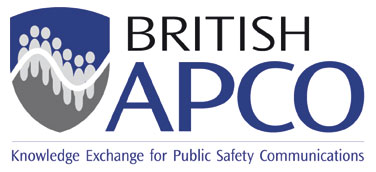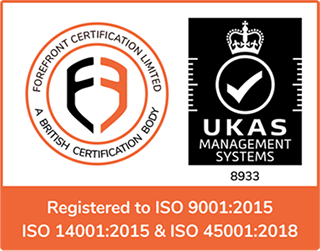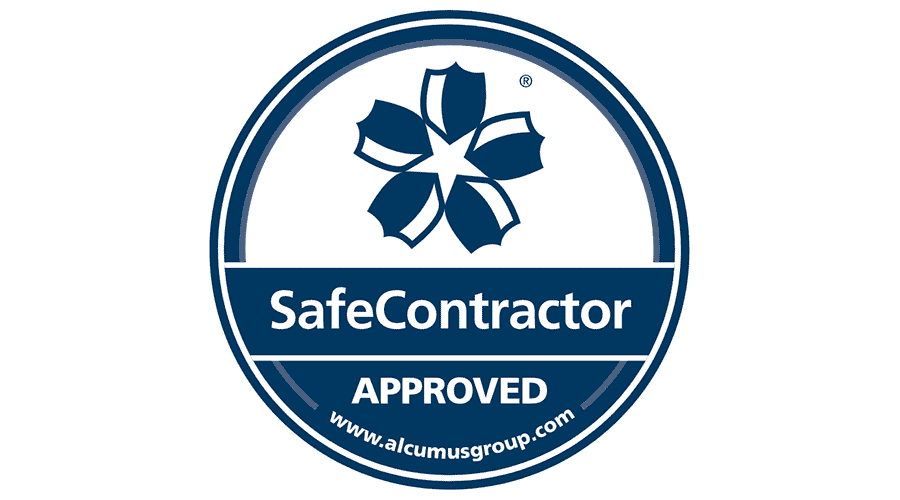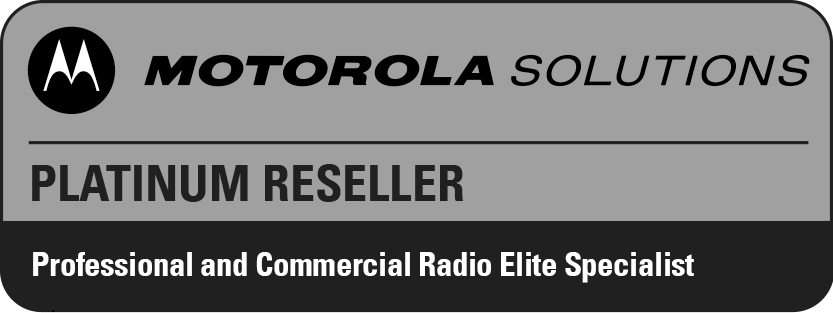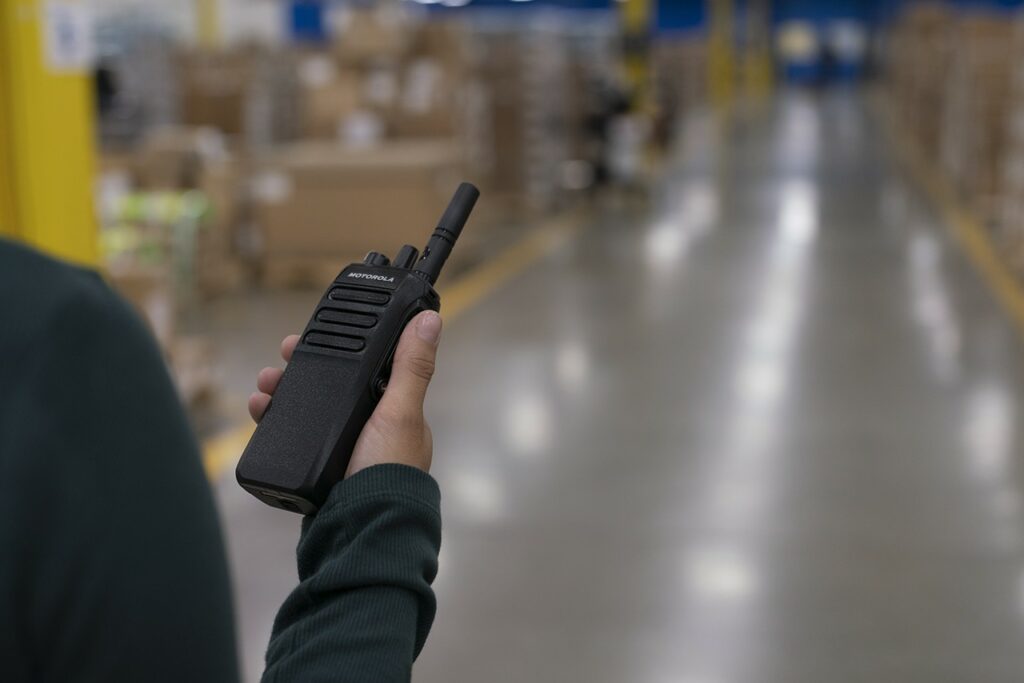The Differences between Two Way Radios and 4G Radios Explained
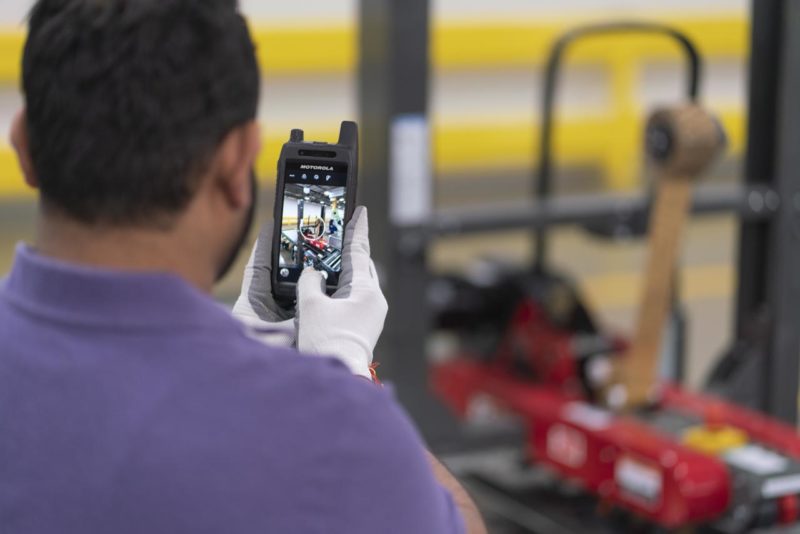
Walkie Talkies, known as Two Way Radios have maintained a consistent and reliable form of communication as technology has evolved. Radio communication has been around since the late 19th century, with the first messages being transmitted in Morse code.
The first ‘walkie talkie’, was developed in the early 20th century for Military use. Since then two way radio technology has gone from strength to strength. Providing dependable communication support to users for close to a century.
Over recent years, two way radio has crossed over with mobile technology to provide push to talk communication over the cellular networks. These devices are known as 4G radios.
What is a 4G Radio?
Where two way radios use radio frequencies to transmit. 4G Radios, also known as Push to Talk Over Cellular (PTTOC), utilises the mobile networks and Wi-Fi. With multi-network roaming Sims in the radios, they will always find the strongest signal.
This technology means that users will be able to instantly contact others nationwide. Providing they have signal to a cellular network. This is ideal for companies that have staff travelling often and need to communicate on this level.
Appearance
Many 4G Radios can have a similar appearance to a traditional two way radio, offering just the PTT feature. Whereas most will have familiar features to an android device with a robust and rugged casing.
Set up
There are several set up options available depending on the device. Those with a screen have two options. To lock the device restricting the use of apps, or provide full access to all the android features available. The data is available on a 12 month subscription.
Mobile Apps
Some 4G Radio manufacturers will also offer a mobile app, which will enable users to communicate with those using the full devices. A great solution for companies with staff working in different environments. Allowing instant communication for all, across multiple devices.
With 4G radios, there will also be a dispatcher option available. This provides the ability to track users and manage the fleet.
What makes them different to Two Way Radios?
There are many similarities and difference between the two, the main difference being how they operate.
Two Way Radios
Operating over Radio frequencies, Two Way Radios don’t require the use of a mobile network to transmit. Meaning they’ll provide a reliable form of communication to users working in remote locations.
Unlicenced
There are different options for two way radios available, ones commonly used by members of the public and small businesses are licence free.
Licence free radios, also known as ‘walkie talkies’ transmit over PMR446 frequencies, which are free to transmit over. The only restrictions some may find with this is possible interference and the range.
Licenced
For business professionals who require increased range and security, licenced radios will be more suitable.
They do require an Ofcom licence to operate, this provides users with their own dedicated frequency. Ofcom licences last for 5 years and there is no limit to how many radios a user has for one licence.
Which one will work best for me?
The location of operation is the biggest factor when comparing Two Way and 4G Radios. 4G Radios will provide efficient communication, anywhere there is access to a mobile network or Wi-Fi.
Because 4G Radios work over Wi-Fi and the mobile networks, it doesn’t make it a replacement for two way radio. They will always be required, as they offer a reliable solution to users in areas with little mobile data.
Where can I find them?
Two Way Radios and 4G Radios are available at SFL Mobile Radio. With top of the range make and models available, there is something to suit all requirements.
If you’re unsure on the best option for you, our expert team are at hand to provide assistance and recommend the best solution for you.
Give the team a call on 0151 334 9160 to discuss your requirements.
Accreditations


